Past Projects
Promotion of the work of the Research Centres of the Academy of Athens on the World Wide Web
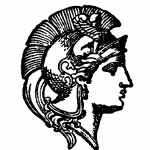
In the context of this project, an integrated web-based service was developed and implemented, which permits the interactive display of the material from eleven Research Centres of the Academy of Athens. The primary aim of the project was the use of modern technologies of the World Wide Web in order to present in a consistent thematic way the diverse material and documentation included in 43 collections totally amounting in approximately 500.000 pages.
NeMO
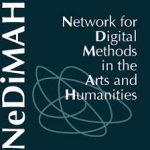
The NeDiMAH Methods Ontology (NeMO) is a comprehensive ontological model of scholarly practice in the arts and humanities, developed by DCU under the work plan of the ESF Research Network NeDiMAH. The outcome of the project includes the ontology delivered in both document and machine readable forms, and a Web service comprising a database containing the ontology definition and the appropriate functionality to support access to and evolution of the ontology.
DYAS - DARIAH-GR
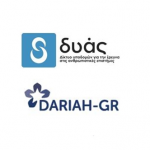
DYAS – DARIAH-GR, the Greek Research Infrastructure Network for the Humanities, aimed at supporting the Greek communities of humanities researchers in advancing their work using ICT, at broadening the scope of and opportunities for research through the interconnection of various distributed digital resources and at promoting the access, use, creation and long-term preservation of research data, both primary and secondary, in digital form. DYAS also operated as the Greek component of the European Infrastructure for Arts and Humanities, DARIAH.
LoCloud - Local content in a Europeana cloud
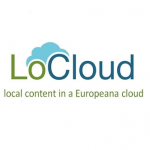
LoCloud , building on the achievements of CARARE, aimed in establishing a repository-based aggregator for Archaeological and Architectural heritage and of Europeana Local in its work with local institutions and their regional and national aggregators, which resulted in the contribution of well over 5 million items to Europeana.
Europeana Cloud
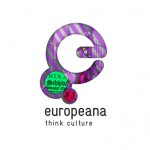
Europeana Cloud is a Best Practice Network coordinated by the Europeana Foundation, designed to establish a cloud-based system for Europeana and its aggregators. Europeana Cloud provides new content, new metadata, a new linked storage system, new tools and services for researchers and a new platform: Europeana Research.
3D-ICONS
3DIcons aimed at digitizing a series of architectural and archaeological masterpieces of international cultural significance and at providing 3D models as well as related digital content to Europeana, with the purpose of contributing to the critical mass of highly engaging content available to users.
EHRI - European Holocaust Research Infrastructure
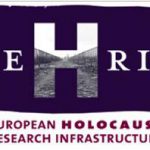
The European Holocaust Research Infrastructure (EHRI) was a four-year project aiming at supporting the European Holocaust research community by establishing unified online access to dispersed sources relating to the Holocaust all over Europe and Israel, and by encouraging collaborative research through the development of tools.
CARARE - Connecting ARchaeology and ARchitecture in Europeana
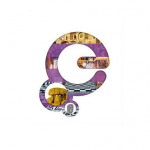
CARARE aimed at establishing a Best Practice Network as well as an aggregation service in order to improve the interoperability with Europeana of the digital content available from the archaeology and architectural heritage domain. CARARE brought together a consortium representing 20 countries and organizations with broad ranging experience of the heritage sector, digital libraries, standards and aggregation services. It made around 2 million items available.
Preparing DARIAH
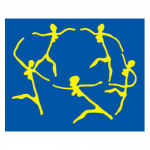
“Preparing DARIAH: Preparing for the construction of the Digital Research Infrastructure for the Arts and Humanities” was aiming to provide the foundations (strategic, financial, legal, technological and conceptual) for the timely design and construction of the digital infrastructure requisite for scholarly research in the arts, humanities and cultural heritage in Europe.



